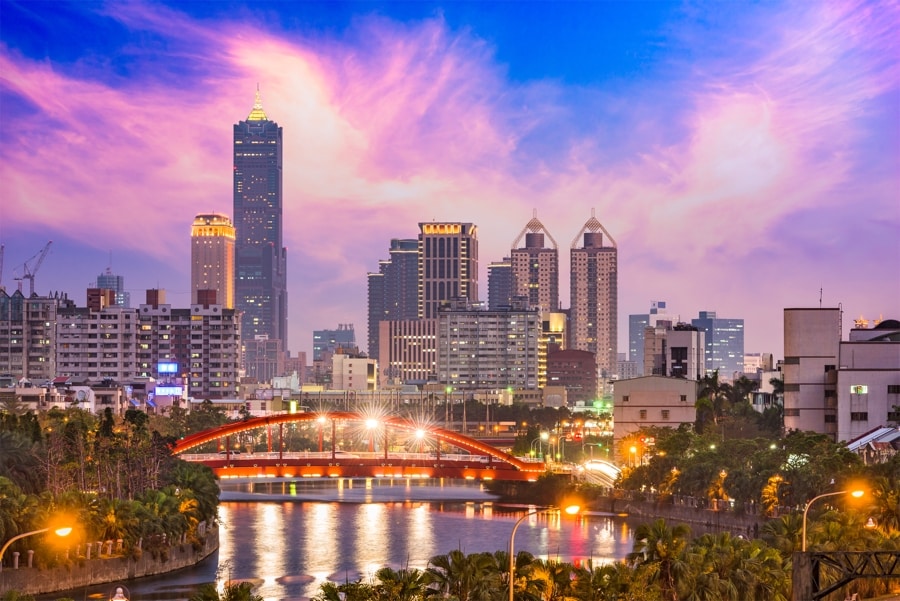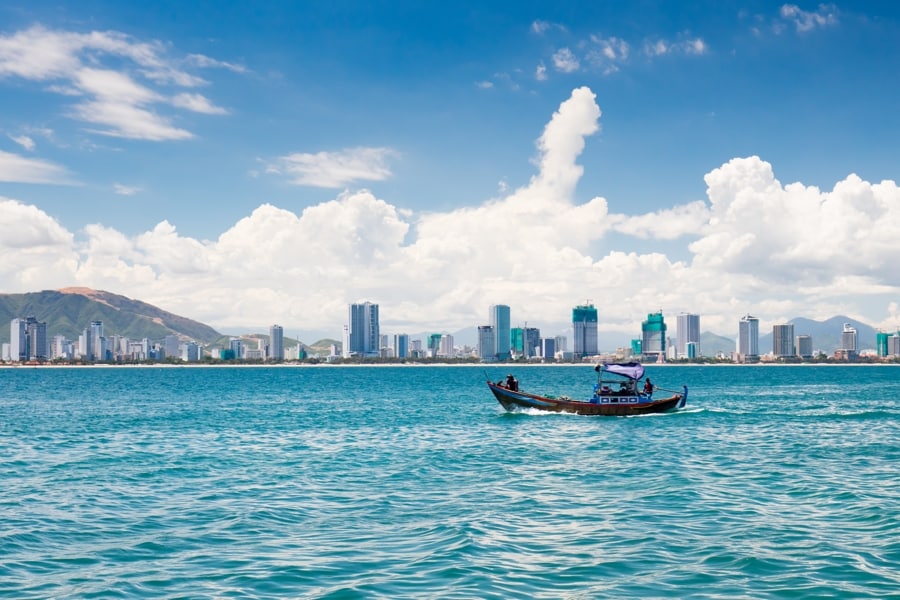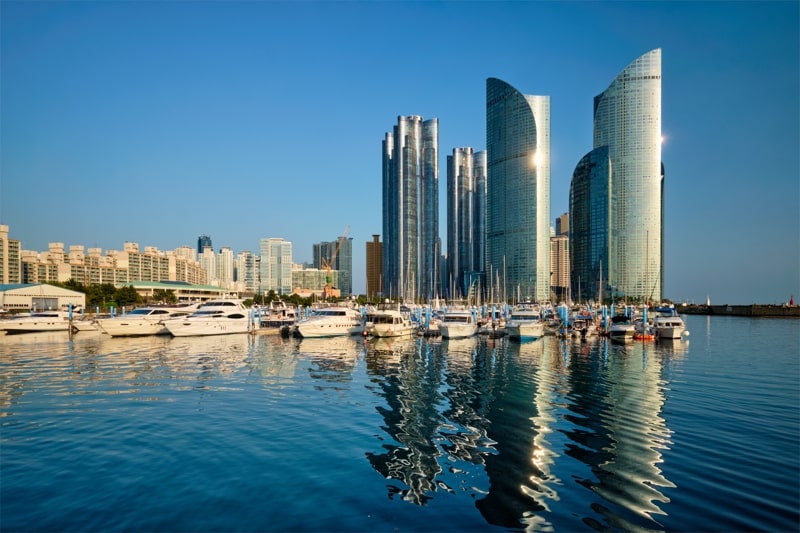You Can Sidestep The Trade War in These 3 International Markets

There’s a chance President Donald Trump didn’t think it through when he introduced new tariffs on China. He might have thought that luxury brands and major companies in Asia would be the only ones really hurt by the decision and that China would deal with the costs of the rest in order to avoid losing business.
If that was indeed the idea, though, it hasn’t panned out. Instead, Chinese businesses are sticking to their prices and putting the pressure on American companies to either pay the 10% to 25% tariffs on top of normal costs, pass on that extra cost to consumers, or leave China altogether and take their business elsewhere.
Dollar General, for instance, which sells products that are largely made in China, is struggling to determine how to swallow the cost of these new tariffs without passing them along to consumers. So far, it hasn’t found a way to do that and stay in China. Ultimately, it’s in a no-win situation.
Leaving China completely is a drastic step and one that most companies aren’t yet willing to do — though that might soon change. Partnerships that have been built over decades will have to be abandoned for new ones on new shores, and the cost of moving is not insignificant.
Still, for some companies trying to stay afloat, moving out of China might be the best move. But to where? There are three strategic alternative countries for businesses to consider if the trade war or other factors take too much of a toll:
- Vietnam
Even before the tariffs started causing problems, Vietnam was already a point of interest for companies looking to find cheaper manufacturing solutions. Now, more and more businesses are moving into Vietnam and making it, arguably, the biggest winner of the trade war to date. It’s gaining approximately 7.9% of its gross domestic product as a result of the international dispute.Like in China, information on Vietnam’s potential business partners is readily available, which makes it a popular alternative. Most organizations have financial accounts, so U.S. companies don’t have to worry as much about who they’re getting into business with if they have that information on potential partners.
This isn’t to say that Vietnam is the perfect alternative for every company, though. Some raw materials that are available in China aren’t in Vietnam, and Chinese manufacturers have extensive experience in the automotive and tech industries, which isn’t something some companies want to give up. But as the trade war escalates, the pros might quickly outweigh the cons.
- The Philippines
The Philippines is best known in the business world for outsourcing back-office work and customer service positions. However, it also offers incredibly low labor costs and its citizens have a fantastic command of the English language, which creates huge potential for U.S. businesses looking to open up new factories.Manila, Philippines The country has already seen an uptick in the manufacturing of goods such as wallets, travel gear, and other accessories, and its government is ready and willing to make deals with companies overseas to help bolster its own economy.
There is one major risk to moving business to the Philippines, though: the weather. The havoc it can wreak on infrastructure is significant, so companies looking to make the most out of investments in the Philippines would do well to spread their risk and do business in multiple countries. Retailers like TJ Maxx’s parent company, TJX Companies, operate like this, which has allowed them to benefit from the latest tariffs instead of suffer.
- Taiwan and South Korea
While these two countries are different and shouldn’t simply be lumped together, both South Korea and Taiwan export many of the same electronic goods for which China is known, making them excellent options for organizations looking for rare materials and manufacturers with more specialized experience.Taiwan, much like the U.S., wants to reduce its reliance on China, and the country’s president has been pushing a “Made in Taiwan” campaign, touting its skills in a variety of technological areas to attract more businesses.
South Korea is already suffering from the trade war because it relies on exports to both feuding countries. While the country currently sends materials to China for it to use in devices that will ship to the U.S., it has an opportunity to cut out the middle man and ship these materials directly to the U.S. itself.
Although workers tend to receive higher wages in these countries as compared to others on this list, the tradeoff in resources and expertise might well be worth it for many businesses considering making the move.
There is no doubt that the trade war will have massive effects on companies and consumers. Thankfully, there are countries other than China to take business to that can mitigate those effects. Sidestep the worst of the coming trade war and start looking toward different, brighter — and smarter — shores.
Written by Matthew Debbage.
Have you read?
# Best Fashion Schools In The World For 2019.
# Best Business Schools In The World For 2019.
# World’s Best Hospitality And Hotel Management Schools, 2019.
# Best Law Schools In The World, 2019.
Add CEOWORLD magazine to your Google News feed.
Follow CEOWORLD magazine headlines on: Google News, LinkedIn, Twitter, and Facebook.
Copyright 2024 The CEOWORLD magazine. All rights reserved. This material (and any extract from it) must not be copied, redistributed or placed on any website, without CEOWORLD magazine' prior written consent. For media queries, please contact: info@ceoworld.biz












